The 20 Biggest Financial Mistakes 50-Year-Olds Make (And How to Avoid Them)
The key to financial security: Know what to do and what to avoid.

It’s never too soon to start saving for the future. But by the time you reach 50, that future takes on new urgency: You’re halfway between the beginning of your working life and retirement, ideally into your peak earning years. Unfortunately, according to recent polls, few of us believe that we’re in good financial shape at midlife; most of us are planning to delay retirement, and many Americans think they won’t be able to afford to retire at all. So what should you do—and not to—to establish a solid financial future at this point? These are the 20 biggest financial mistakes 50-year-olds can make, and how to avoid them.

Unexpected expenses can happen at any age. Having a sufficient emergency fund—experts advise having six to 12 months of expenses readily available in liquid savings—can prevent you from tapping retirement savings or accumulating debt in an emergency.

Most people underestimate how much they’ll need for a comfortable retirement. Financial experts T. Rowe Price advise that by age 60, you should have 5.5 to 11 times your annual salary saved. If you don’t have an adequate savings plan throughout your 50s, it can be exceedingly difficult to catch up.
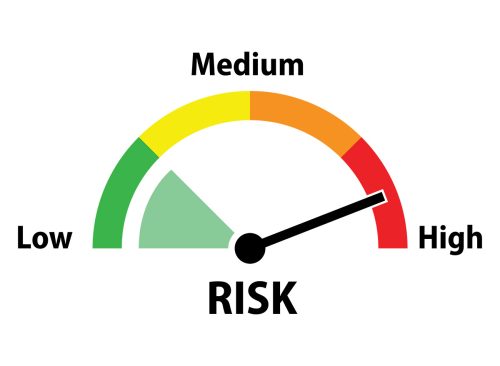
As you enter a new decade, consider adjusting your investment portfolio to reduce risk. An aggressive, risky portfolio that was appropriate in your 30s—when there were more years to cope with the market’s ebbs and flows— may not be the best choice for your 50s.
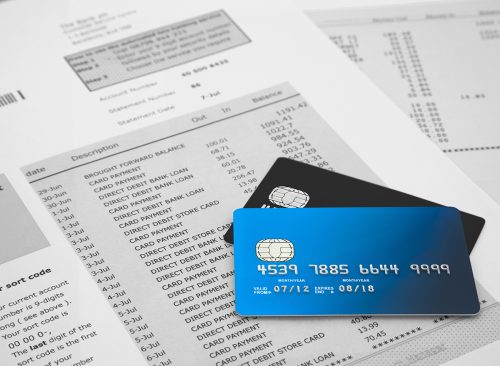
Accumulating credit card and loan debt in your 50s can seriously compromise your retirement savings and the security of your post-work years.

Make sure you have sufficient coverage for your health, home, and other assets. The alternative can be a serious financial setback you may not have sufficient time to recover from.
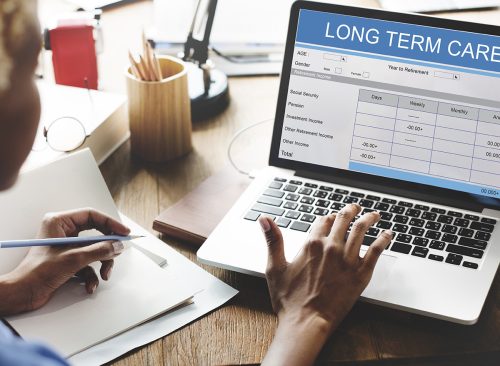
Healthcare costs tend to increase with age. Ensure you have adequate health insurance today, and consider saving for long-term care insurance; experts say more and more older people are going bankrupt over the costs of long-term care.

When can you really afford to retire? Today, the professionals say you need to have saved 70% of your pre-retirement income to live comfortably in your post-work years. If you haven’t paid off your mortgage, or you have ongoing healthcare-related expenses, you may need 100% of your pre-retirement income or more.

Most Americans underestimate how long life expectancy really is these days. Today, the average 50-year-old man can expect to live to age 78, and the average woman to 82. Not planning accordingly can jeopardize your chances for a secure and comfortable retirement.
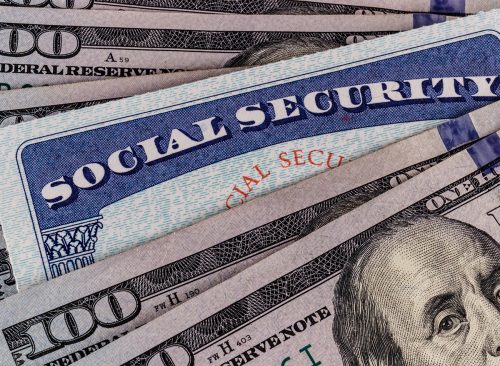
You may be 20 years from retirement, but it’s important to have a clear-eyed view of how much Social Security benefits will contribute to your bottom line when you’re no longer working. The Congressional Budget Office estimates Social Security will become insolvent in 2033, forcing cuts to benefits unless Congress acts to refill the coffers. It’s important to have additional sources of income, such as savings and investments, to ensure you can maintain your desired lifestyle.

Relying too heavily on a single investment can lead to losses you might not be able to recoup before retirement. It’s a good idea to diversify your investments to lower risk and maximize returns.

Conversely, being too conservative with your investments can cause you to miss out on potential growth. A financial advisor—and date-targeted investments like mutual funds and ETFs—can help you get the most for your money.

Cashing out retirement accounts early, such as 401(k)s or IRAs, can seriously cost you in the form of penalties and taxes.

It’s easy to lose track of old retirement accounts from previous employers. But doing so can put the lid on your savings. Several online services can help you track down and optimize those accounts.

As you get older, it’s important to review and update your estate planning, including your will, living revocable trust, beneficiaries, and healthcare stipulations.

Are your current tax strategies adequate for now and your desired lifestyle in the future, or are you setting yourself up to lose money you may not be able to get back? It’s a good idea to consult a financial professional to ensure you’re on the right track.
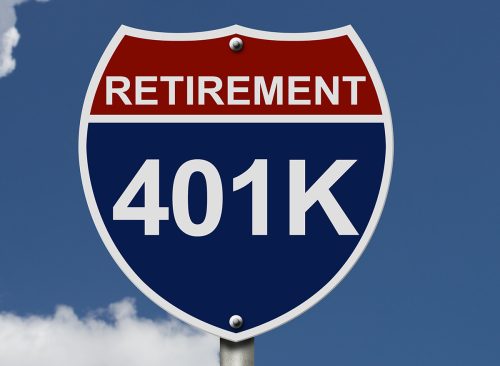
Age 50 marks an important financial milestone—you can start making “catch-up” contributions to retirement accounts like 401(k)s and IRAs. Not taking advantage of this opportunity—just like not participating in employer-matching 401(k) plans—can seriously limit your retirement savings and growth.

Investments promising returns that seem too good to be true usually are.

Providing more financial support to your adult children than you can afford can jeopardize your future security.

Now’s the time to take a good look at the money that’s flowing out the door every month. Do you own a larger home or more cars than you really need? Prudently downsizing now can give you more money to put into savings—and time for those savings to compound and grow.
RELATED: 19 Ways to Tell If Your Partner Is Cheating

We all could use some expert advice. A financial advisor can help you create a plan, set goals, and make informed decisions.














